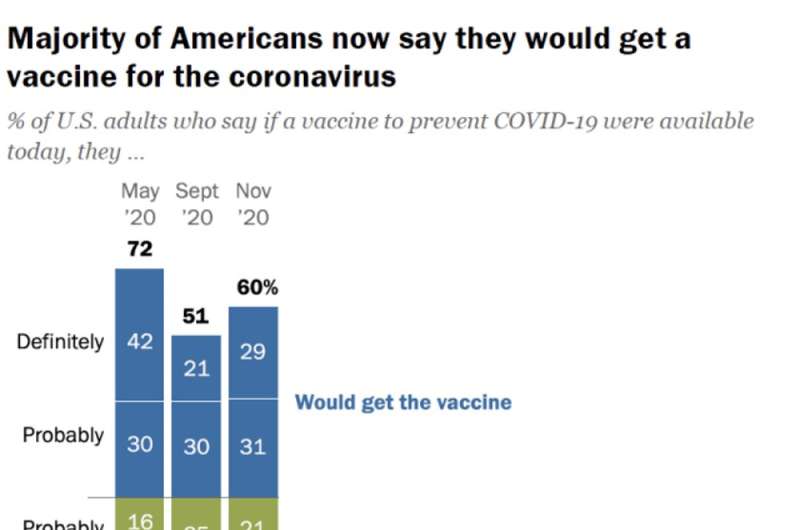

Low optimism is also closely associated with depression and anxiety. Optimism is known to play an important role in human experience leading to more happiness, greater achievements and better health, although inappropriate optimism can also lead to poor choices. The funders had no role in study design, data collection and analysis, decision to publish, or preparation of the manuscript.Ĭompeting interests: The authors have declared that no competing interests exist. This is an open-access article distributed under the terms of the Creative Commons Attribution License, which permits unrestricted use, distribution, and reproduction in any medium, provided the original author and source are credited.įunding: AS was supported in part by grants EP/F500385/1 and BB/F529254/1 for the University of Edinburgh School of Informatics Doctoral Training Centre in Neuroinformatics and Computational Neuroscience ( ) from the UK Engineering and Physical Sciences Research Council (EPSRC), UK Biotechnology and Biological Sciences Research Council (BBSRC), and the UK Medical Research Council (MRC). Received: JAccepted: MaPublished: May 22, 2014Ĭopyright: © 2014 Stankevicius et al. PLoS Comput Biol 10(5):Įditor: Yonatan Loewenstein, Hebrew University, Israel
UNREALISTIC OPTIMISM COULD BEST BE DESCRIBED AS AN UPDATE
In our task, trait optimism doesn't distort how new information is integrated: subjects update their estimates similarly following information that is better or worse than expected.Ĭitation: Stankevicius A, Huys QJM, Kalra A, Seriès P (2014) Optimism as a Prior Belief about the Probability of Future Reward. We find that people who report that they are optimistic have a positive a priori bias on the likelihood of future reward, whose influence reduces with experience. Using modeling, we could then quantify the link between self-report trait optimism and decision or learning biases. We asked human subjects to fill in questionnaires about trait optimism, then to participate in a behavioral experiment where they needed to infer the likelihood of visual targets to be associated with a reward. However, choices in simple behavioral tasks can also be used to infer how optimistic people are in practice. In individuals, trait optimism is usually measured using self-report questionnaires. The optimism bias is regarded as one of the most prevalent and robust cognitive biases documented in psychology and behavioral economics. Contrary to findings in the literature related to unrealistic optimism and self-beliefs, it does not appear to influence the iterative learning process directly. its influence reduces with increasing experience. Critically, this positive belief behaves like a probabilistic prior, i.e. We find that trait optimism relates to an a priori belief about the likelihood of rewards, but not losses, in our task. Here, we use a novel Pavlovian conditioning task, embedded in a normative framework, to directly assess how trait optimism, as classically measured using self-report questionnaires, influences choices between visual targets, by learning about their association with reward progresses. However, optimistic beliefs can at times appear surprisingly resistant to evidence, suggesting that optimism might also influence how new information is selected and learned. In Bayesian statistical theory, a priori beliefs can be overcome by experience.

Compare Lake Wobegon effect, overconfidence effect.Optimists hold positive a priori beliefs about the future. See also depressive realism, hypomanic episode. Weinstein asked students to estimate the relative likelihoods of various events happening to them, compared to the likelihoods of the same events happening to their peers, and his results showed that they rated their chances of experiencing positive events, such as owning your own home, receiving a good job offer before graduation, and living past 80, to be significantly above the average for students of the same sex at the same university, and their chances of experiencing negative events, such as having a heart attack before age 40, being sued by someone, and being the victim of a mugging, to be significantly below average. It was first reported in 1925 by the US psychologist F(rederick) H(ansen) Lund (1894–1965) and in 1938 by the US psychologist (Albert) Hadley Cantril (1906–69), and it came to prominence in 1980 when it was studied rigorously and named by the US psychologist Neil D(avid) Weinstein (born 1945) in an article in the Journal of Personality and Social Psychology. A judgemental bias that tends to affect people's subjective estimates of the likelihood of future events in their lives, causing them to overestimate the likelihood of positive or desirable events and to underestimate the likelihood of negative or undesirable events.


 0 kommentar(er)
0 kommentar(er)
